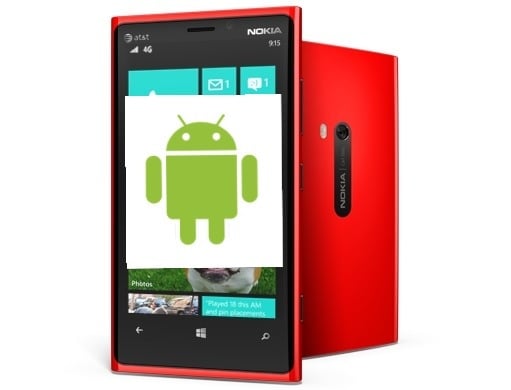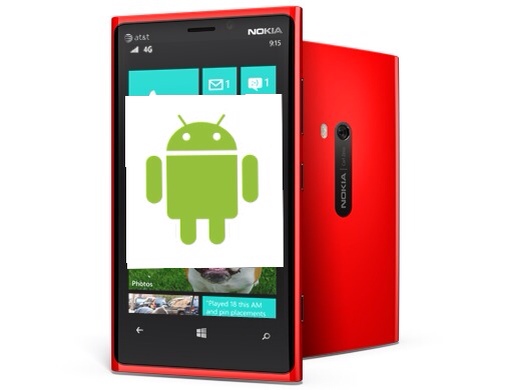Whether or not you’re a fan of Microsoft’s Windows Phone operating system, there’s one issue both fans and detractors both recognize: there is a definite lack of Google support in the apps. It’s not just the lack of Google Maps, but also the lack of a Gmail app, a Google+ app, and worst of all, no official YouTube app. That last one has been the subject of a fair amount of drama as of late, with Microsoft creating an app, getting it blocked by Google, collaborating with Google, releasing a new YouTube app, and getting it blocked again. So what’s going on here?
I have two theories. On the one hand, this may simply be a case of Google playing schoolyard bully. Microsoft was the 5000 pound gorilla for years and years, and now they’re weakened and powerless in the mobile space. Google can afford to blow off developing for Windows Phone, and they don’t feel it’s worth the return on investment to develop new apps for the platform. The YouTube issue is a bit weird, as they first said they would collaborate, then insisted the app had to be written in HTML5, which is apparently quite difficult to execute effectively. It’s also worth noting that the iOS and Android apps for YouTube are not HTML5, so this seems like a case of Google picking an arbitrary standard they know Microsoft can’t meet — which fits with the bully idea. But there’s another possibility…
What about Nokia? Anytime Nokia releases a new Lumia, there are several bloggers who all claim they’d love to see a Lumia running Android (including Judie). There’s investor pressure on Nokia to switch to Android, as well as (anecdotal) consumer demand. But they’ve stuck by their dance partner Microsoft. Meanwhile, Samsung has decimated the high-end Android market. LG, HTC, and Motorola have all had some excellent high-end phones, but the mainstream consumer hears “Android” and thinks “Samsung Galaxy”. Instead of Android powering several players on a relatively even ground, Samsung has become head and shoulders the main Android player. This can’t sit too well with Google, especially as Samsung builds more and more of their own proprietary apps into the Galaxy line, and is rumored to be slipping away from Android.
Would it be that crazy for Google to want to send one more manufacturer against the dragon that is Samsung, especially one with the brand recognition that Nokia has? By denying any Google flagship apps to Windows Phone, they generate complaints but only sacrifice a small percentage of business, if any. A few die-hards will cut ties with Google, but most users will just grumble and complain, and if Google is lucky, like they were with the YouTube/Microsoft debacle, they get tons of blog posts and comments about it. This puts pressure on Microsoft, but also on Nokia. After all, it’s Nokia’s customers who are upset, since Nokia is the lion’s share of Windows Phone marketshare. So Nokia gets more and more complaints about the lack of Google support, the lack of apps, the weaknesses of Windows Phone … and the whole time Google is silently dangling a free operating system and the promise of happy users who swear they’d switch to Nokia in a heartbeat if the phone were powered by everyone’s favorite green robot.
Admittedly, this is a bit off the wall, and for all I know these issues could be related to something entirely different. Maybe Steve Ballmer sweated on Sergey Brin’s Vibram Five Fingers. Or Google is trying to keep Microsoft distracted while building up Google Docs and stealing business from Microsoft Office. Or maybe someone at Google was a big Windows Mobile fan and is still bitter about it dying. But something is going on behind the scenes, and given that everyone loves Nokia, even when they don’t love Microsoft, it makes sense that Google may be trying to break up the happy couple for their own gain.

